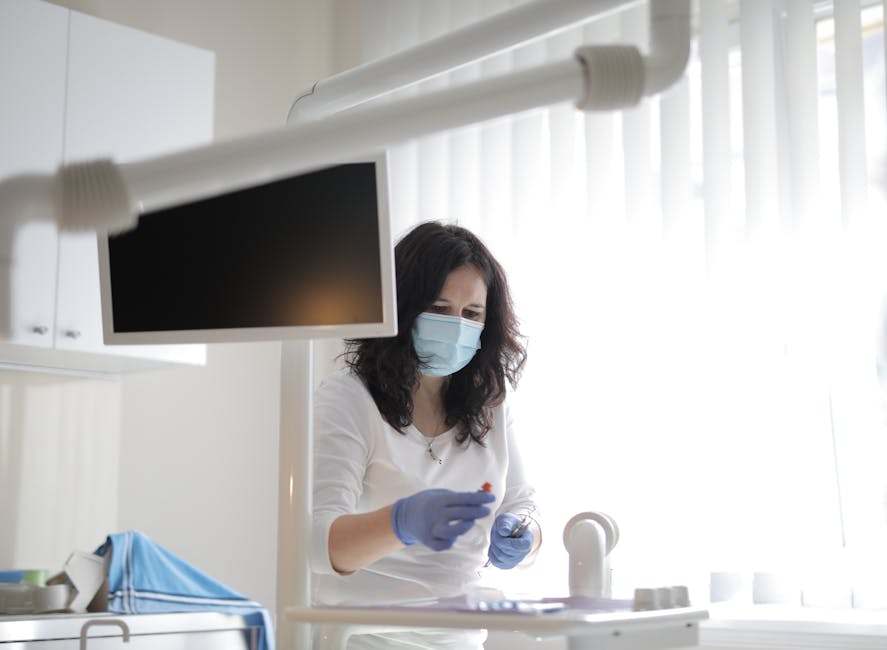A pet’s well-being extends far beyond a gleaming coat and playful energy. Dental health, often overlooked, is a crucial component of overall wellness. Regular dental care for animals, much like for humans, isn’t just about aesthetics; it’s a significant preventative measure against a myriad of potentially serious health problems. This article delves into the vital role of routine dental care in safeguarding your furry companion’s health.
A fundamental understanding of canine and feline dental anatomy is paramount. Unlike human teeth, which are primarily composed of enamel and dentin, a pet’s dental structure often houses specialized features like sharper cusps, and a unique root structure. This distinct morphology impacts how dental issues manifest and should be considered in preventive strategies. Furthermore, the dental plaque and calculus formation process in animals differs slightly, often progressing more rapidly due to factors like dietary habits and breed-specific predispositions.
A common misconception is that dental issues affect only the mouth. This is far from the truth. The interconnected nature of a pet’s body means that systemic issues often stem from local infections. Dental disease is a major instigator of these problems. The presence of bacteria in inflamed gums can enter the bloodstream, leading to conditions like endocarditis (inflammation of the heart’s lining), arthritis, kidney disease, and even liver issues. The insidious aspect of this is that initial signs might be subtle, making early intervention crucial.
A proactive approach, underpinned by regular professional dental cleanings and at-home oral hygiene practices, can significantly lessen the chances of these severe health complications. This proactive strategy involves meticulous monitoring of the pet’s mouth and teeth, beginning at a young age. Early identification of any signs of dental discomfort, such as pawing at the mouth, reluctance to eat, or visible gum inflammation, is key. These are early warning signs that warrant a veterinary visit.
Just like humans, pets require specific dietary needs for optimal oral health. A diet rich in fresh, hard foods can help promote mechanical cleansing of plaque. For instance, dental chews specifically formulated for tartar control can play an important role in keeping teeth clean. However, it’s important to note that not all dental chews are created equal. Ensure the product is veterinarian-approved and appropriate for your pet’s breed, age, and overall health. A balanced diet, adjusted to their nutritional needs, coupled with consistent dental hygiene, supports a healthier oral environment.
A pivotal aspect of preventative care is regular veterinary check-ups. These visits, especially from puppyhood or kittenhood, provide invaluable opportunities for early intervention and proactive strategies. Veterinary professionals can detect potential oral issues like gingivitis (gum inflammation) and early stages of periodontal disease before they progress to more severe stages. Furthermore, a veterinarian can guide you in choosing the right dental care products for your pet’s specific needs, which often vary based on breed and lifestyle.
Beyond professional cleanings and dietary adjustments, routine at-home oral hygiene is a crucial part of the strategy. This is typically achieved by brushing your pet’s teeth with a pet-specific toothpaste and brush. This might seem daunting at first, but early introduction and positive reinforcement are vital. Consistency is essential, striving for at least a few times a week. Remember, the goal isn’t to make the process a stressful ordeal for your pet; it’s about establishing a routine that benefits both of you.
Various factors influence the efficacy of dental care. Breed predisposition, dietary habits, and age all contribute to the risk of dental problems. Certain breeds, like Bulldogs and Brachycephalic dogs, are more prone to dental crowding and gum disease due to their facial structure. Conversely, some breeds, like the Yorkshire Terrier or the Chihuahua, might require a more focused approach due to their small size. This understanding allows for tailored dental care, enhancing the likelihood of positive outcomes.
Financial considerations are also important to acknowledge. While professional dental cleanings can be costly, they are often a necessary investment in your pet’s health, outweighing the potential cost of treating more severe conditions down the line. Open discussions with your veterinarian about appropriate preventive care and cost-effective strategies can alleviate concerns about the financial burden.
In conclusion, the prevention of dental issues in pets is paramount to maintaining their overall well-being. Implementing a comprehensive approach that incorporates routine veterinary check-ups, specialized diets, diligent at-home oral hygiene, and professional dental cleanings, along with an understanding of breed-specific predispositions, significantly mitigates the risk of severe and potentially life-altering health complications. By prioritizing this aspect of your pet’s care, you are not only preserving their oral health but also safeguarding their long-term health and happiness. A healthy mouth translates to a healthy pet.
